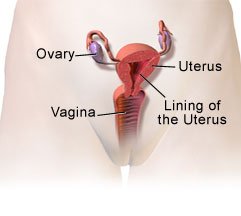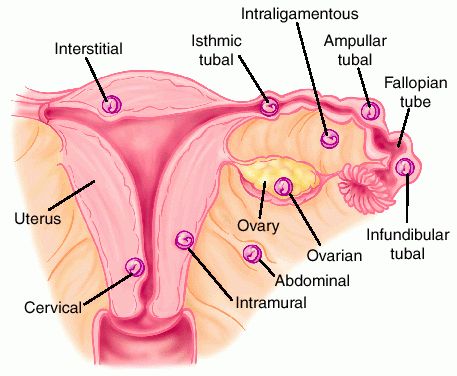Vaginal spotting
or bleeding is usually the first sign of miscarriage. Keep in mind, though, that up to 1 in 4 pregnant women have some bleeding or spotting (finding spots of blood on your underpants or toilet tissue) in early pregnancy, and half of these pregnancies don't end in miscarriage.
You may also have abdominal pain, which usually begins after you first have some bleeding. It may feel crampy or persistent, mild or sharp, or may feel more like low back pain or pelvic pressure. If you have both bleeding and pain, the chances of your pregnancy continuing are much lower.
It's very important to be aware that vaginal bleeding, spotting, or pain in early pregnancy can also signal an ectopic

 you may need a shot of Rh immune globulin within two or three days after you first notice bleeding, unless the baby's father is Rh-negative as well.
you may need a shot of Rh immune globulin within two or three days after you first notice bleeding, unless the baby's father is Rh-negative as well.Some miscarriages are first suspected during a routine prenatal visit, when the doctor or midwife can't hear the baby's heartbeat or notices that your uterus isn't growing as it should be. (Often the embryo or fetus stops developing a few weeks before you have symptoms, like bleeding or cramping.) If your practitioner suspects that you've had a miscarriage, she'll order an ultrasound to see what's going on in your uterus and possibly do a blood test.


